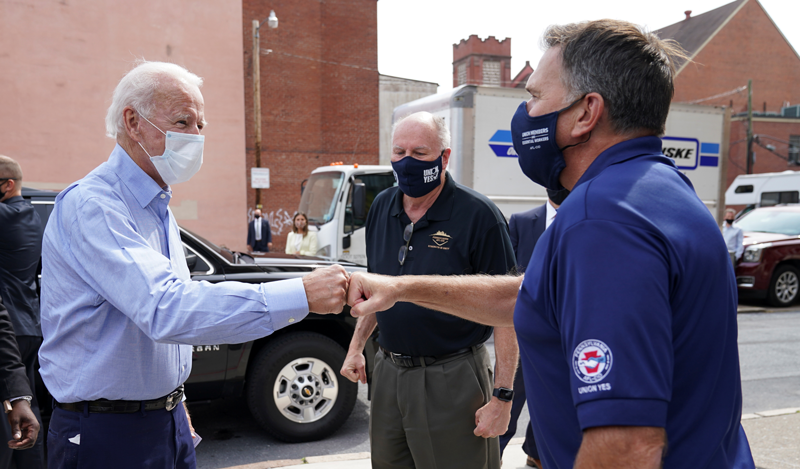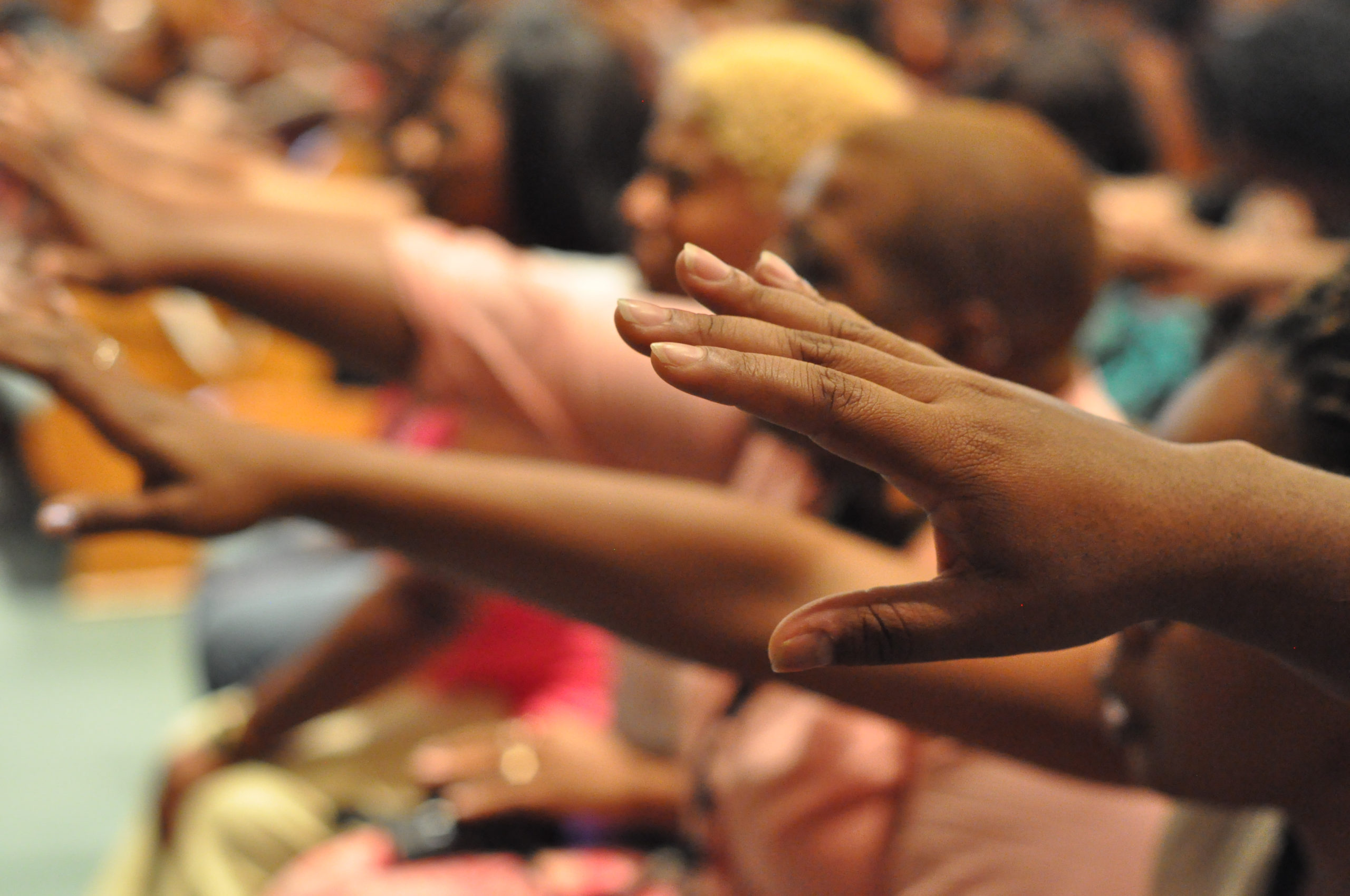Commentary November 19, 2020
The 2020 Election Was a Perfect Example of the Weaknesses — and Strengths — of Political Polls
Business Insider

For those of us interested in understanding the world, polling offers an incredibly useful and cost-effective tool. It’s critical that we get it right.
It is easy to discount QAnon—but the reality is it is quickly emerging from the shadows into a full-blown political movement that periodically receives the passive, and at times, active support of the president of the United States.
Commentary October 25, 2020
Biden’s ‘Seize the Center’ Campaign Strategy May Just Deliver Him the White House
Business Insider

If Biden is able to capitalize on the current set of circumstances presented by an unpopular incumbent, he may show the efficacy of persuasion-based tactics simply by demonstrating that there are more persuadable voters than many of us think.
Commentary September 17, 2020
More and More Americans aren’t Religious. Why are Democrats Ignoring These Voters?
FiveThirtyEight

Often lost in this, though, is the fact that Democrats are mostly ignoring a massive group of voters who are becoming an increasingly crucial part of their base: people who don’t have any religion at all.
If it takes a village to raise a child, what happens to parents when the village goes into lockdown?
Commentary June 27, 2020
Trump’s in Danger of Losing Some of His Most Faithful Voters
Business Insider
It seems clear that Trump’s response to the COVID-19 crisis has hurt him politically. The AEI survey finds that the public has become increasingly critical of Trump’s response to the pandemic, even among his most loyal supporters.
Commentary June 16, 2020
Many White Americans Are Ready to Reopen the Economy. Black Americans Aren’t.
FiveThirtyEight
Not all Americans are anxious for businesses to reopen. In fact, there is a fairly stark divide among white, black and Hispanic Americans on the subject.
Data suggests Biden may be underperforming with black voters when compared with recent Democratic presidential candidates. If that is happening, it may be because younger black Americans don’t support him as strongly as their elders.
Commentary May 22, 2020
Religious Americans Agree on Limiting In-Person Services, Split on Returning to Worship as Usual
Voter Study Group
Majorities of Americans remain concerned about COVID-19, and it’s unclear what in-person religious services will look like.
Millennials are more likely to say they they have no religion as they are to identify as Christian, as evidence mounts that today’s younger generations may be leaving religion for good.










